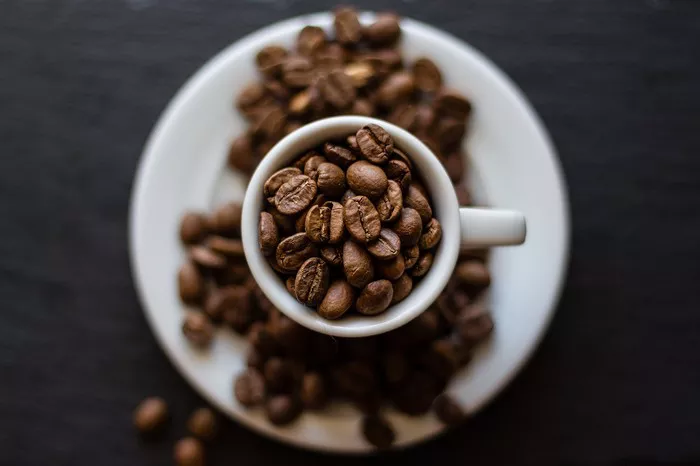The European Union’s upcoming law aimed at banning the import of commodities linked to deforestation has sparked widespread criticism, exemplifying the adage that the road to Hell is paved with good intentions. Set to take effect next year, the measure has drawn ire from various stakeholders, including large corporations and agricultural NGOs.
Companies such as Lavazza have expressed discontent with the new regulations, citing concerns that appear altruistic but may also relate to potential impacts on their profit margins and the need for transparency regarding ethical sourcing practices. Meanwhile, pro-farmer organizations are apprehensive about the law’s implications for vulnerable farmers who may lack the infrastructure to prove that their crops do not contribute to deforestation.
Since its announcement in 2021, the EU’s law has faced considerable pushback. Recently, the International Coffee Organization (ICO), regarded as the leading authority in the global coffee sector, has urged the EU to reconsider the implementation timeline for this legislation.
Under the new regulations, commodities such as chocolate, leather, beef, furniture, rubber, charcoal, palm oil derivatives, and coffee must provide verifiable proof that they are not linked to deforestation to gain entry into the European market. Companies failing to comply with these requirements will face significant penalties. Additionally, there are concerns that coffee harvested before the law’s enforcement could potentially be discarded if it cannot be verified as deforestation-free.
Related Topics
Uganda’s Coffee Exports Surge by Nearly 83% in August, Driven by Rising Global Prices
Turkish Coffee Lady in Alexandria Celebrates Customer Appreciation Week, Sept. 24-27
OXO Launches New Portable Coffee Brewer, Elevating Cold Brew Experience


